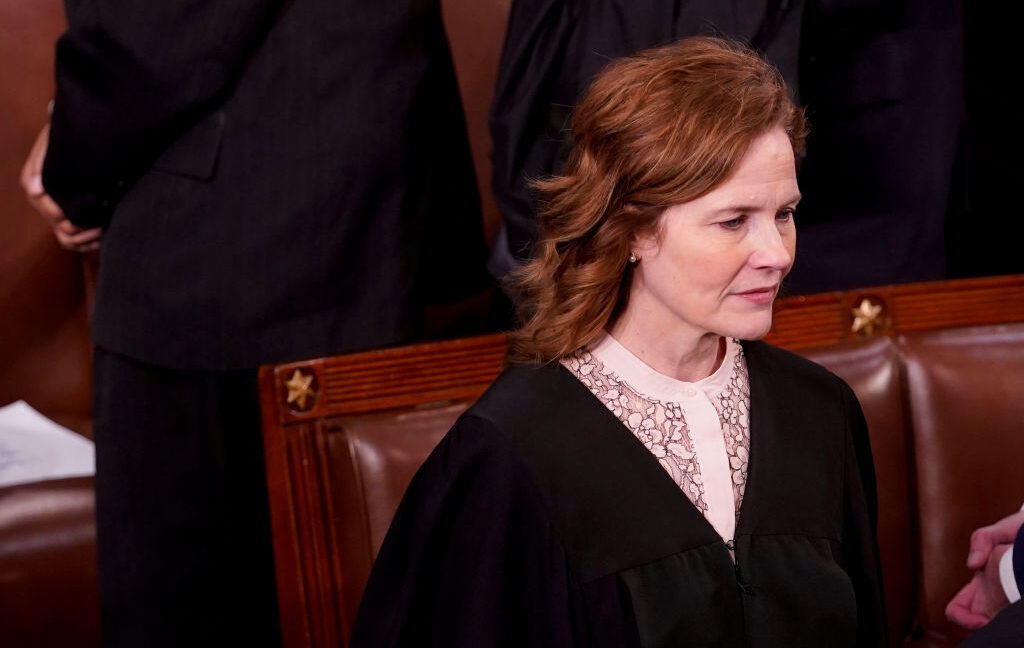
"Shortly after the Trump Administration took office, it started cancelling grants for things it had disagreements with: funding for pandemic preparation, efforts to diversify the scientific workforce, those that targeted minority health issues, and more. These terminations were challenged in court, and a consolidated case was heard in the District of Massachusetts, pitting the government against individual researchers, organizations that represent them, and states that host research institutions."
"The result was a decisive win for the scientists. As the ruling explained, the government's termination efforts violated a statute against "arbitrary and capricious" policies, resulting in a stay that both blocked implementation of the policy and restored the flow of research funding. That stay remained intact through appeals that brought it to the Supreme Court, which released its ruling on Thursday."
"Two of them, Thomas and Alito, would have granted the government a lift of all aspects of the stay, but chose not to explain their reasoning. Gorsuch penned an explanation, in which he was partly joined by Kavanaugh, who felt the need to issue a separate one. Gorsuch viewed the commitment to fund grants as the equivalent of a contract in which the government is a party. And, by law, those cases belong in the Court of Federal Claims."
The administration cancelled diverse research grants, including pandemic preparedness, workforce diversification, and minority health projects. Those cancellations were consolidated and litigated in the District of Massachusetts. The district court found the terminations arbitrary and capricious and issued a stay that blocked the policy and restored funding. The stay survived appeals up to the Supreme Court. The Supreme Court preserved the stay against the policy itself but held that funding disputes must be adjudicated in the Court of Federal Claims, a venue ruling that leaves researchers who already lost funds without restored grants. Justices split on reasoning and remedies.
Read at Ars Technica
Unable to calculate read time
Collection
[
|
...
]